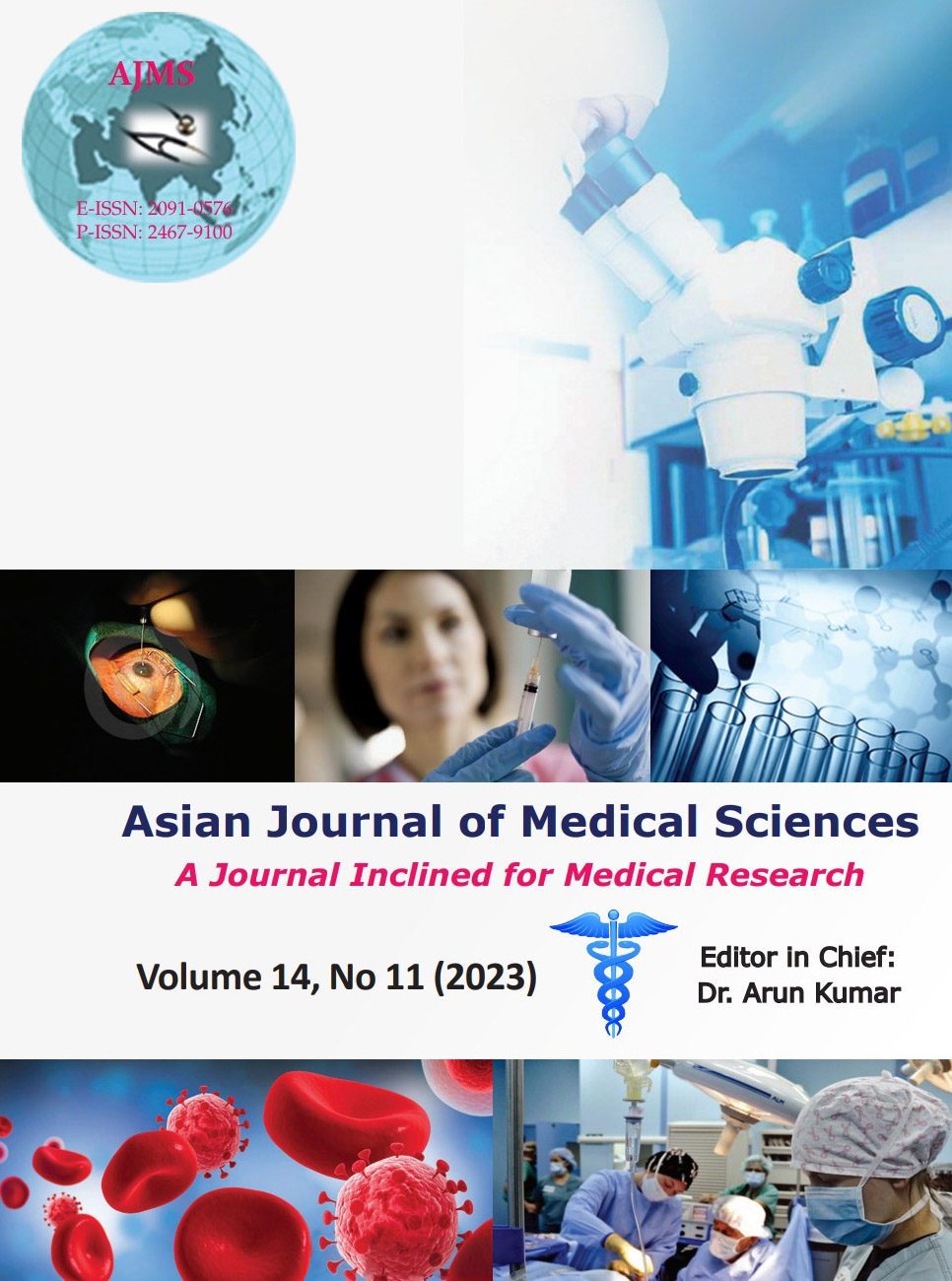Effectiveness of COVID-19 vaccines: A systematic review
Keywords:
Systematic review; COVID-19 vaccine; Viral load; Outcomes; Viral transmissionAbstract
COVID-19 vaccine effectiveness has been the subject of numerous investigations conducted globally. The public’s and health-care professionals’ acceptance of vaccines looks to be crucial to the pandemic’s effective management. This review’s objective was to present an up-to-date evaluation of COVID-19 vaccine acceptance rates across the globe. The current systematic evaluation of the literature seeks to identify the many global outcomes of the COVID-19 vaccine’s efficacy. The study was carried out following preferred reporting items for systematic reviews and meta-analysis recommendations for systematic reviews. The MEDLINE and EMBASE database were used the retrieve the articles. A detailed descriptive analysis was done on the various outcomes of vaccine efficacy, viral load, transmission rate, hospitalization rate, death rate, and infectivity rate on age group. The present systematic review has identified that vaccines effectively reduced infection transmission. It not only provides fewer hospital stays but reduced the death rate. However, the Ct values were similar in unvaccinated and vaccinated. Breakthrough infections were most reported in the vaccinated group.
Downloads
Downloads
Published
Versions
- 2023-11-03 (2)
- 2023-11-01 (1)
How to Cite
Issue
Section
License
Copyright (c) 2023 Asian Journal of Medical Sciences

This work is licensed under a Creative Commons Attribution-NonCommercial 4.0 International License.
Authors who publish with this journal agree to the following terms:
- The journal holds copyright and publishes the work under a Creative Commons CC-BY-NC license that permits use, distribution and reprduction in any medium, provided the original work is properly cited and is not used for commercial purposes. The journal should be recognised as the original publisher of this work.
- Authors are able to enter into separate, additional contractual arrangements for the non-exclusive distribution of the journal's published version of the work (e.g., post it to an institutional repository or publish it in a book), with an acknowledgement of its initial publication in this journal.
- Authors are permitted and encouraged to post their work online (e.g., in institutional repositories or on their website) prior to and during the submission process, as it can lead to productive exchanges, as well as earlier and greater citation of published work (See The Effect of Open Access).




